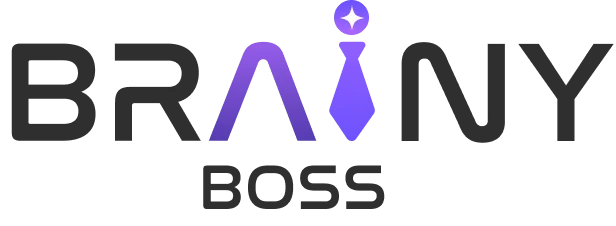The Role of Voice AI in Enhancing the Candidate Experience
The addition of Voice AI technology in HR to procedures for new employees does more than improve the feeling of prospects – it changes indices related to recruitment. Businesses employing HR voice AI observed a reduction in the time to employ individuals, by as much as 30%. Quicker processing of applications makes it probable that sought-after individuals will be located and retained. In addition, the cost to acquire each worker could significantly drop. Tedious work gets simplified, reducing the workload for human HR staff. They can focus on higher value tasks, such as efforts to connect with and retain prospects.
TechForward’s Use of HR Voice AI
“Consider the example of TechForward”, a mid-size software business that incorporated HR voice AI into its recruitment process in 2021. The company specifically used the technology to conduct initial interviews and evaluate technical skills at a basic level. During the first half of the year, TechForward was able to process applications 40% faster. Candidates reported a 25% increase in their satisfaction. The use of HR voice AI enabled it to sift through applications more meticulously. Only the candidates who demonstrated the highest proficiency were forwarded to human recruiters for in-depth analysis. This improved efficiency and helped maintain the company’s reputation in the job market.
Global Integration and HR Voice AI
As global integration expands, organizations increasingly seek talent from a global pool. HR voice AI solutions for hiring can support this approach – they facilitate conversations with people who speak various languages. Non-native speakers have no difficulty communicating. This technology streamlines continuous hiring cycles, crucial for responding to potential employees across varying time zones. The systems provide advanced features, such as emotion detection, that can assess a person’s disposition and level of engagement in conversations. These insights enable HR managers to make more informed decisions that concern an individual’s skills and their enthusiasm and alignment with company values.
Conclusion
Its role in transforming recruitment continues to evolve as HR voice AI technology improves. Organizations that utilize this technology not only augment the efficiency and effectiveness of their processes but also position themselves as innovative, attracting global talent. Advancements in artificial intelligence and natural language processing serve to enhance these tools. These improvements reduce limitations and increase the potential to transform HR practices. By strategic use and continuous refinement, businesses can leverage this technology and gain significant advantages in talent acquisition.
Frequently Asked Questions
HR voice AI can automate tedious tasks, reduce recruitment time, enable global hiring, and enhance candidate satisfaction. It also provides unique features like emotion detection that provide enriching insights for hiring decisions.
HR Voice AI may struggle to understand nuanced aspects of conversation and intricate expressions of emotion. It may also misconstrue colloquial terms or subtle cues usually picked up by humans during an evaluation. Combining voice AI with traditional methods is key.
HR Voice AI adheres to strict global data protection regulations like GDPR and CCPA. They have inbuilt security features like data masking and secure storage processes to ensure sensitive personal data remains secure.

